Covid-19 has changed the world and there is little doubt that its effects will linger even after the worst of the pandemic is over. But precisely what will change?
For leaders trying to make decisions about important matters — from product strategy to marketing investment — there has arguably never been a more difficult environment in which to make bets about the future.
So what to do? Here are five tips for making smarter predictions during Covid-19.

Acknowledge the high degree of uncertainty that exists
The first step to making more informed predictions during pandemic is to acknowledge the great uncertainty that exists. If crystal balls were a bit cloudy before coronavirus struck, they’re even cloudier now.
The truth is that nobody knows what is going to happen next week, a month from now, a year from now or several years from now. This calls for increased flexibility in thinking.
Take survey data with a grain of salt
Surveys are typically a useful way to identify trends, but when it comes to asking individuals about the future, survey data is arguably far less valuable today than it was before Covid-19. That’s because consumer sentiment is highly fluid at the moment, and it’s being driven in large part by perhaps the most powerful emotion: fear.
Take, for example, the restaurant industry. Surveys indicate that substantial portions of consumers who dined primarily at casual restaurants before the pandemic anticipate that they will primarily dine at home in the six to 12 months after lockdowns end. While this shift in behavior appears logical, many things could change in a very short period of time. For instance, the development of a vaccine or new treatments could significantly alleviate if not eliminate the fears that many consumers currently have.
When consumers inevitably emerge from long lockdowns, Covid-19 fatigue and a desire to return to normalcy could drive revenge spending and other behaviors that seem inconsistent with what consumers expressed during the most dreadful parts of the pandemic.
Consider secular trends
While there is no doubt that the Covid-19 pandemic has changed the world and will have lasting effects, when evaluating pandemic’s effects on trends, it’s still worth considering whether those trends existed before pandemic struck.
Covid-19 has accelerated numerous trends, such as remote working anddigital entertainment and education. But there are many reasons to doubt that the newfound popularity of canned food seen in some countries is a trend with a finite shelf-life.
Put simply, when trying to predict the longevity of trends observed during Covid-19, ask whether or not those trends are secular. Those that are likely have a higher probability of continuing after the pandemic has passed.
Be careful about binary bets
Predictions that are based on binary outcomes are a risky proposition. For instance, predictions that are based on the availability of a vaccine for Covid-19 in the near future, or at all, are probably unwise because there is a possibility that a vaccine will never be developed.
Instead, when making predictions for planning purposes, it’s helpful to think in terms of scenarios. Where do scenarios differ? Where do they overlap? When asking these questions, companies might find that they can make smarter predictions that apply across various scenarios.
Don’t be afraid to form strong opinions, weakly held
Prognostication ultimately requires one to form opinions about where the world is headed. But during such uncertain times, there’s value in establishing strong opinions while at the same time being careful not to cling too closely to them. Put simply, be willing to make predictions, but also be willing to adjust them or ditch them altogether as the situation changes. Because if one thing is certain, it’s that the situation almost certainly will.
- سيعجبك أيضاً




Recent Comments